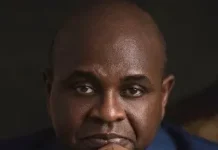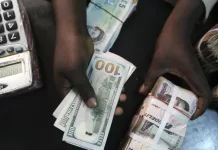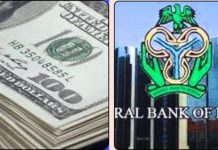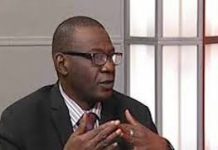The ailing condition of the Nigerian economy remains a great source of worry to all, particularly the World Bank.
Nigeria’s high debts that arose from borrowing over time is also a source of concern.
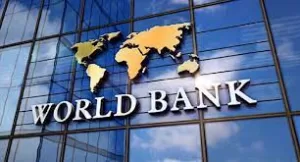
It is in view of the various challenges facing Nigeria’s economy that the World Bank Group has advised the Federal Government to quit or minimise its borrowings from the Central Bank of Nigeria (CBN).
Read Also: World Bank To Reduce Poverty In Nigeria Through Electricity
The World Bank’s Lead Economist for Nigeria, Alex Sienaert, gave this advice during an economic review session at the Lagos Business School, on Thursday.
Sienaert, in his keynote address, commended the government over its recent economic reforms.
He noted that these reforms would have to be sustained for the economy to recover from present shocks and record considerable growth in the near future.
To this end, he said: “The whole agenda of tackling inflation is obviously a huge one.
“Some ideas include reducing subsidised CBN lending to medium and large firms and the government borrowing from CBN.
“All of these things increase the money supply and reducing that will be helpful to reduce inflation, and then replacing imports with FX restrictions with tariffs.”
According to him, the fact that petrol price had significantly increased created pressure on the economy.
He added that a variety of solutions would have to be devised in order to mobilise more revenue a way that spending would be increased to tackle the real priorities in the country.
You May Also Like: World Bank Highlights How Government Pushed Nigerians Into Poverty
Fuel Subsidy Removal Palliatives
Seinart, emphasised that the Federal Government’s plan to disburse ₦8,000 as palliatives following the removal of fuel subsidy will increase the available earnings and income of about 50% of Nigerians by 10%.
The economist said many would benefit from the extra cash from the government, since it would ensure that they did not have to skip a meal, pull a child out of school, or not go to the hospital.
While the very poor prepare to receive this palliative or anything the government is offering, President Tinubu is already picking his ministers.
See President Tinubu’s ministerial list


